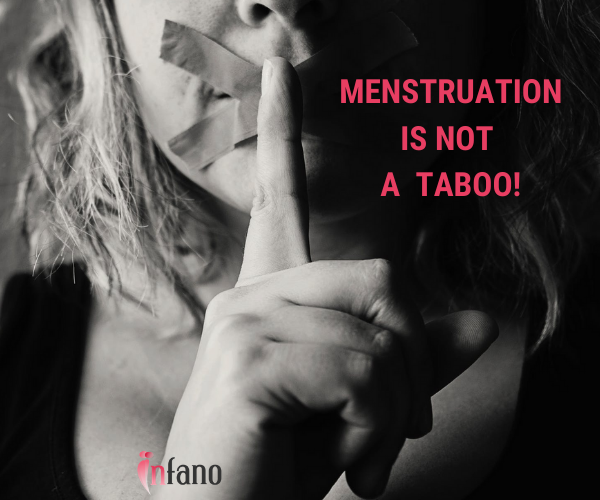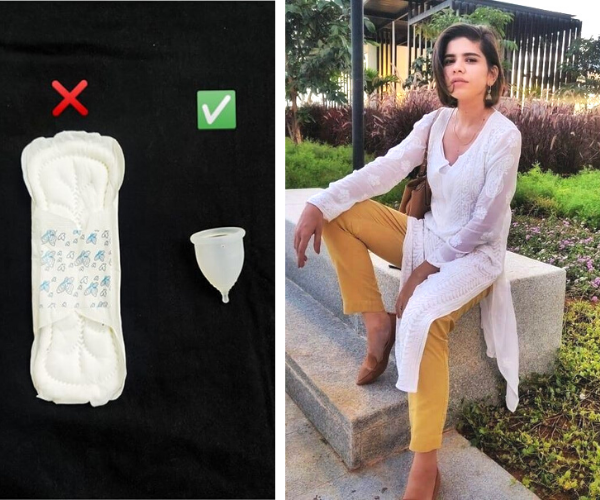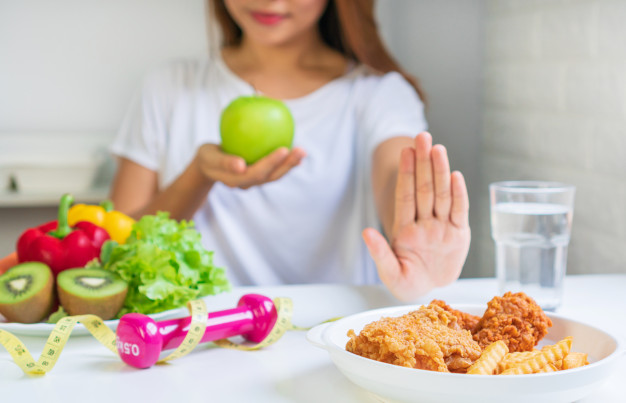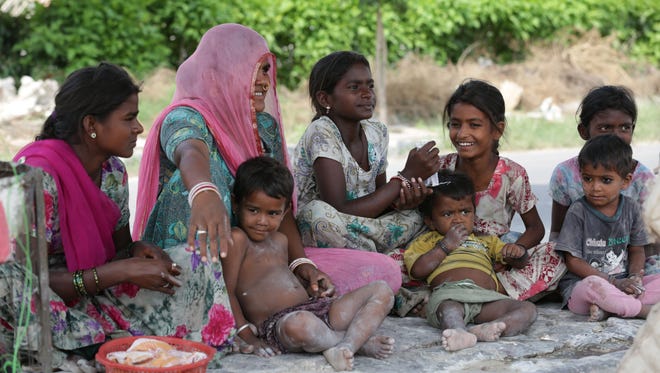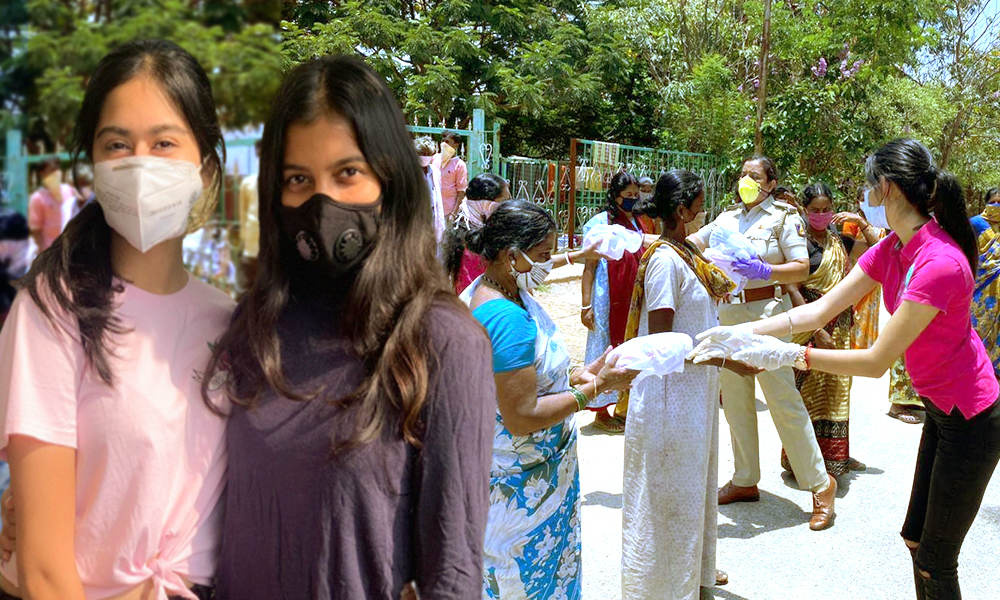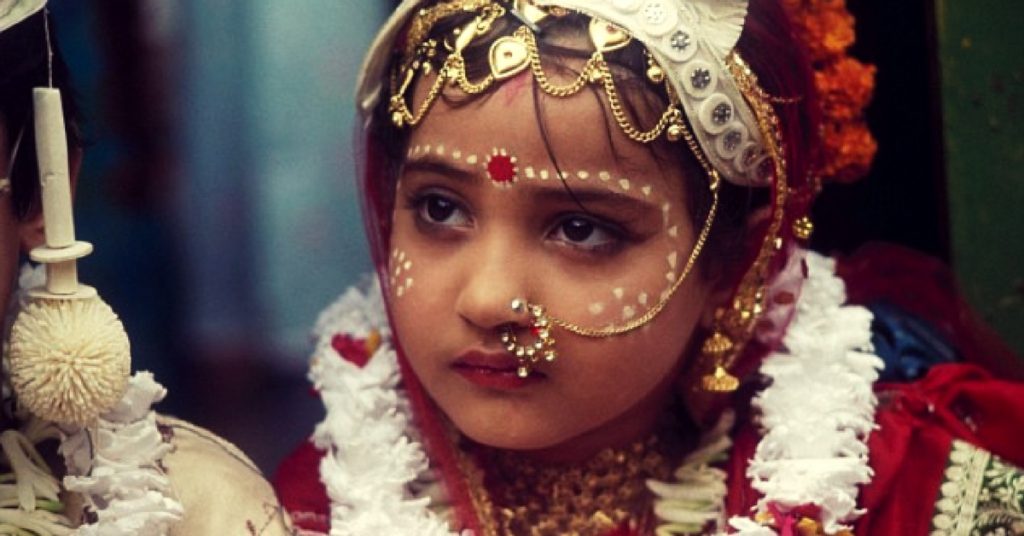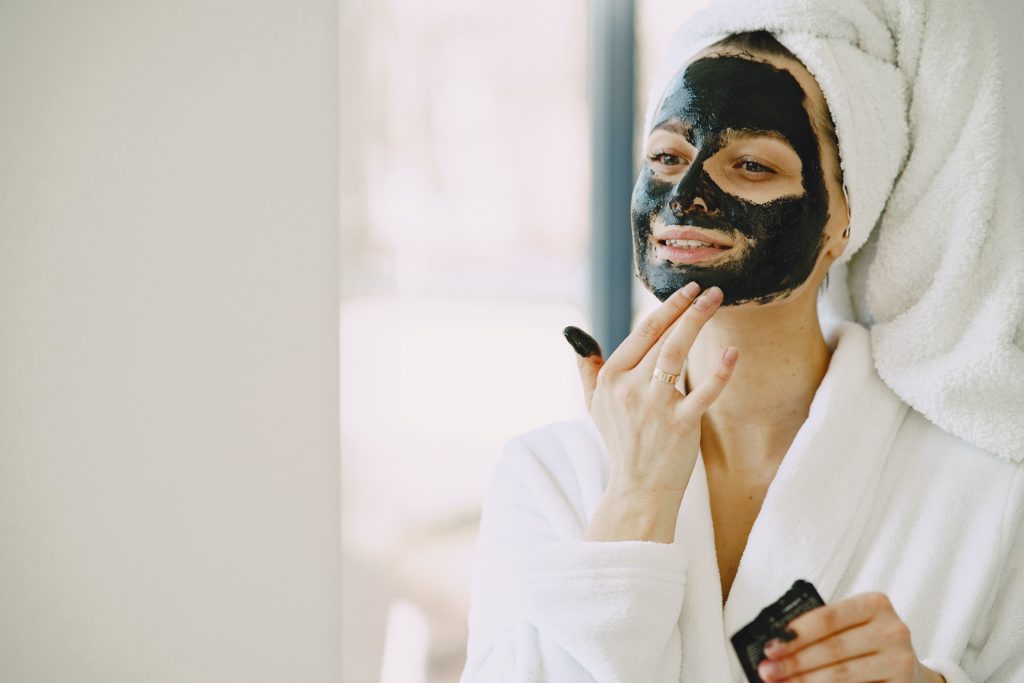In Monica Suresh’s house, attaining a period meant waking up 4 am to bathe before any men in the family would wake up. Though she escaped the severity of it which was imposed by her grandmother, her older sister was not so lucky. “She was made to sleep separately (to let them rest) and was given a wooden stool called manakattai to be used in place of a pillow with separate bed spreads”, says Monica, recalling her sister’s account. These, along with the other pieces of clothing used, were to be washed after her third day before taking a ‘head’ bath. “These were rewashed by my mom” says Monica, who when her turn came, decided entirely to skip the washing process. She would just soak them while her mother would wash it. But she was still made to use the manakattai. “I was furious and complained about the inconvenience and refused to use it. Instead, I used a bundle of clothes as the pillow”.
“The women were assigned a designated space in the house during their periods in my paternal uncles’ home”, recalls Vaidehi Sivaraman. ” We were not allowed to sit close to them or even touch them. And if we did, what they referred to as theetu or impurity, would come upon us too. I felt then that they were like untouchables. One of my aunts was allowed to go to work, but had to take her place on her return. Needless to say, they were not allowed to pray, enter the kitchen or do any work till they took their head bath on the fourth day. Luckily, these were not followed in my house”.
Today, both Monica and Vaidehi see this practice as a break given to women from their chores. But this shunning and exclusion definitely gave them a feel of isolation and stigmatized their menstrual experiences.
World over, menstruation has been approached in many ways. Depending on the religion or community, the cultural practices and beliefs following menstruation also changes. Also, the sociocultural background and geographical regions determine many age-old practices, some of which were beneficial to the women but many others had no base scientifically and in turn only created a stigma associated with periods. Confining menstruating women to huts was practiced by the Aborigines of Australia, Yurok women of California, Ethiopian Highlands, Colombia and is still practiced in parts of Nepal. While some disliked the isolation, cold, and lack of food, others enjoyed the social interaction, relaxation, and rest. Baseless taboos and superstitions which are not scientific in nature or in favor of the menstruating woman, may lead to period shaming and result in social and cultural exclusion. The recent incident that happened in February at the Shree Sahajanand Girls Institute in Bhuj is testimony. According to a media report, the principal Dr Rita M. Raninga had reportedly paraded 68 hostelers from their classrooms to college wash rooms amidst their lectures to check whether they were menstruating or not after the hostel warden alleged that some girls were entering the hostel kitchen and mingling with other hostelers while menstruating. All the female hostelers were made to give their consent that while menstruating the girls will not have their meals in the dining hall and will not be allowed to sleep on their beds, rather will sleep on the floor during the admission process.
Here are some myths and practices associated with periods which are still believed and being practiced in many parts of the country and continent:
- Avoiding puja room is the major restriction among urban girls. Menstruating girls and women are also restricted from offering prayers and touching holy books and entering religious places. Even when they grow out of other practices, this one stays because the conditioning of being impure and dirty is somewhere deeply ingrained, and they follow it out of respect for their religion.
- Freedom from entering the kitchen and cooking can be a boon but for those living alone or in nuclear families where they are the main caregivers, it may be difficult to follow. Some believe that menstruating women are unhygienic and unclean and hence the food they prepare or handle can get contaminated and many men take over the cooking for those days.
- According to a study, some women reported being told that during menstruation the body emits specific odors and energies, which spoils preserved food. Therefore, they were not allowed to touch sour foods like pickles. With good menstrual hygiene practices, no scientific test has shown menstruation as the reason for food spoilage.
- Watering the plants may result in the plant dying as the energy of the body is negative and this affects the energy of the plants, and they get spoiled or wither. Science is yet to prove this.
- Periods are also associated with evil spirits in some cultures. Menstrual blood is believed to be dangerous and used for black magic and hence menstrual cloth is buried in many regions. Many wash their sanitary pads before discarding because men or animals should not see the blood. However, there seems to be no logical or scientific explanation for this. But can definitely help sanitary workers though.
- Sour food like curd, tamarind, and pickles should not be consumed by menstruating girls as they affect the menstrual flow. While many places, a rich protein and iron based diet is encouraged during periods, many foods are also restricted.
- In some cultures menstruating women are not allowed to take a bath especially for the first few days of their menstrual period. Not practicing good menstrual hygiene can lead to bacterial infection in the reproductive and urinary tract. Some other cultures encourage a head bath to mark the first and last day of their periods while some restrict a head bath for the first 3 days.
- Some believe that touching a cow while on her period, may make the cow infertile. This may make them dislike their own bodies as being cursed or dirty.
Any kind of excretion from the body is termed impure and so the menstrual blood is seen as unclean and dirty. This is the theory behind considering menstruating women as unhygienic or unclean. Practices that refrain the woman from cooking and other household activities, disallowing her from prayers in order to let her rest are based on the fact that periods can be painful and uncomfortable and this break gives her time to rejuvenate physically. But when these practices are laced with superstition, are practiced rigidly, are non-consensual or refrain women from leading a normal life, then this can have harmful implications on the mental health, confidence and self-esteem of the woman, especially on young girls.




